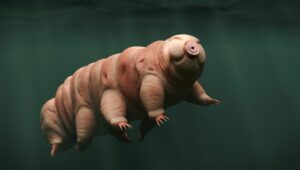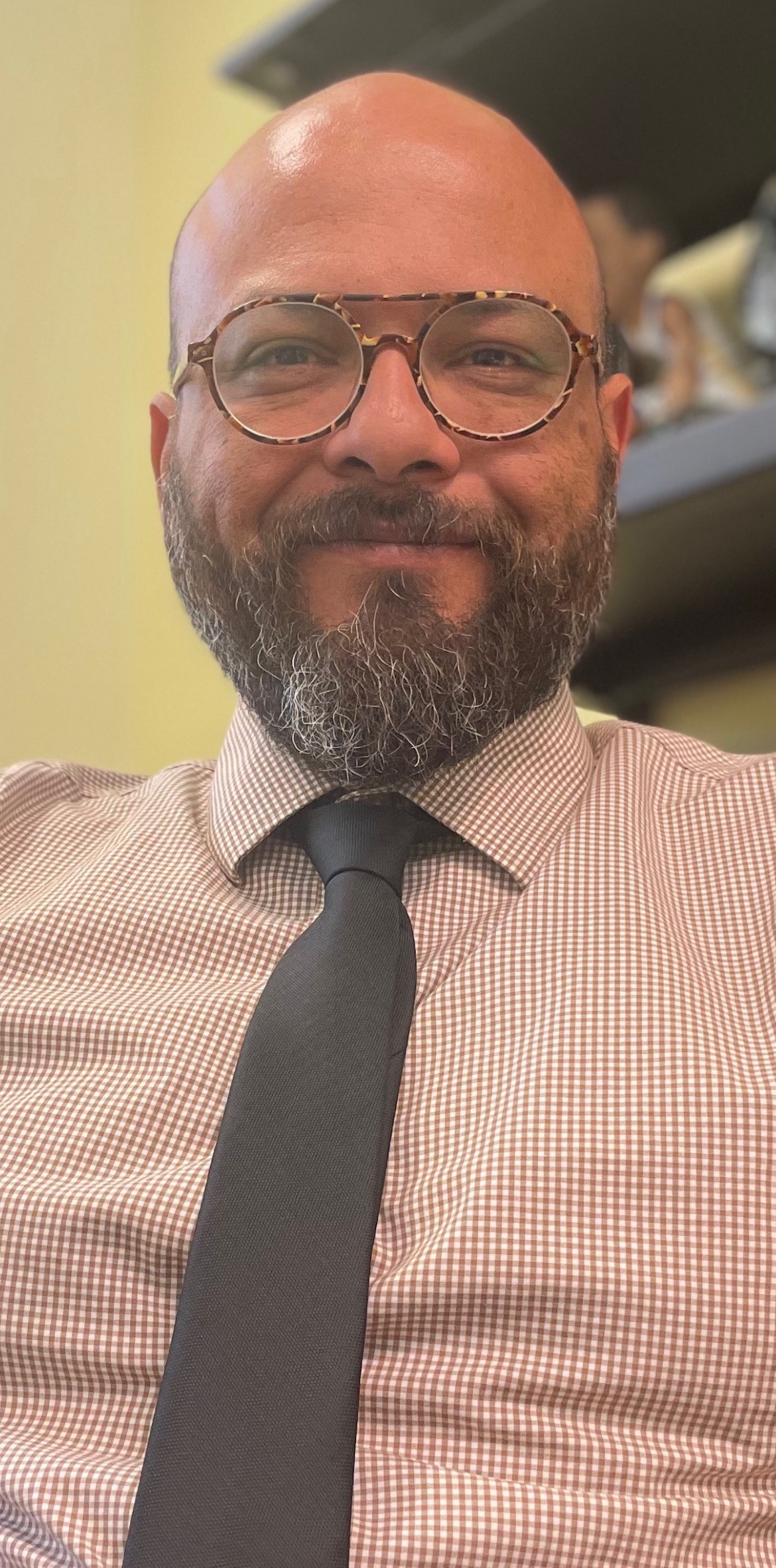CAMARILLO — Meet the tardigrade. Resembling a nearly microscopic balloon animal with eight clawed feet, this aquatic organism can lose almost all of the water in its body and survive, once it is rehydrated.
Often called one of the toughest animals on earth, the tardigrade has been around for 600 million years, preceding the dinosaur by about 400 million years. It can survive the most extreme heat, cold, desiccation — even the vacuum of outer space.
This resilient creature, as well as plants and other organisms that can survive extreme conditions — especially the lack of water — are at the center of a $12.5 million research institute known as WALII, which is short for the Water and Life Interface Institute. WALII includes scientists from eight different institutions, including CSU Channel Islands (CSUCI) Assistant Professor of Biology Hugo Tapia, Ph.D.
“In my lab, we use baker’s yeast as a model organism to study desiccation tolerance,” Tapia said. “We use the same baker’s yeast that anyone can easily find in their pantries in dried-up packages. Each one of those packets has millions of dried yeast cells that resume metabolism, once rehydrated. We want to understand the molecular mechanism behind this incredible trait.”
The National Science Foundation awarded the grant to a group led by Sue Rhee, Ph.D., of the Plant Biology Department at Carnegie Institution for Science. She was charged with assembling a group of scientists from different disciplines that will study how life interacts with water from the molecular to the organismal level across plants, fungi, and animals. Tapia is a co-principal investigator on WALII.
 “There are some desert plants and micro-animals, like tardigrades, which can lose up to 90 percent of their water and resume normal biological function within hours of being rehydrated,” Rhee said. “We want to know how they do it.”
“There are some desert plants and micro-animals, like tardigrades, which can lose up to 90 percent of their water and resume normal biological function within hours of being rehydrated,” Rhee said. “We want to know how they do it.”
Gaining more information about the molecular, cellular, and physiological mechanisms that these fungi, plants, and micro-animals use to accomplish this level of resilience could help scientists engineer strategies for surviving climate change with minimal impacts to food supply and help to identify conditions that could support life on other planets.
Tapia and scientists from the other eight institutions will research four key areas: 1) the genetic and physical factors that determine an organism’s ability to survive in extremely dry conditions; 2) how different organisms respond to water during rehydration; 3) the link between protein structure and desiccation tolerance; and 4) the evolutionary history of organisms that can survive sustained periods of low water.
“One long term goal would be impacting the ‘cold-chain’,” Tapia said. “Drying important biological reagents instead of storing them in a frozen state would be extremely beneficial. We’re also eager to address problems accelerated by climate change: findings from our studies on these incredibly resilient organisms could allow for us to engineer crops capable of growing under arid environmental conditions.”
CSUCI undergraduate students in Tapia’s lab will be directly involved in research aimed at understanding the unique trait of desiccation tolerance, by performing a large array of genetic and biochemical experiments.
Tapia will be joining scientists from the Carnegie Institution for Science; Baylor College of Medicine; University of Wisconsin-Madison; Michigan State University; Washington University in St. Louis; University of Wyoming; University of California, Merced; and the USDA Agricultural Research Service National Laboratory for Genetic Resources Preservation.
CALIFORNIA STATE UNIVERSITY CHANNEL ISLANDS — California State University Channel Islands (CSUCI) is Ventura County’s only public university and opened in 2002 as the 23rd campus in the CSU system serving the regions of Ventura, Santa Barbara, and Los Angeles counties, as well as the entire state. CSUCI is located between Camarillo and the Oxnard Plain, midway between Santa Barbara and Los Angeles and 25 miles north from Malibu.
The campus is nestled against the foothills of the Santa Monica Mountains and is a 10-minute drive from the Pacific Ocean. With more than 5,600 students, 24,500 alumni, and 1,000 employees, CSUCI is poised to grow in size and distinction, while maintaining one of the most student-focused learning environments in public higher education with more than 90 academic degrees, teaching credentials, certificates, and professional and community programs.
Connect with and learn more by visiting www.csuci.edu or CSUCI’s Social Media.
The University encourages persons with disabilities to participate in its programs, events and activities. If you anticipate needing any type of accommodation, or have questions about the physical access provided, please contact the respective area below as soon as possible, but no later than seven (7) business days prior to the event/activity:
CSUCI Students
Disability Accommodations & Support Services: accommodations@csuci.edu
CSUCI Employees
Human Resources: angela.portillo@csuci.edu
Members of the Public
Title IX & Inclusion: titleix@csuci.edu

